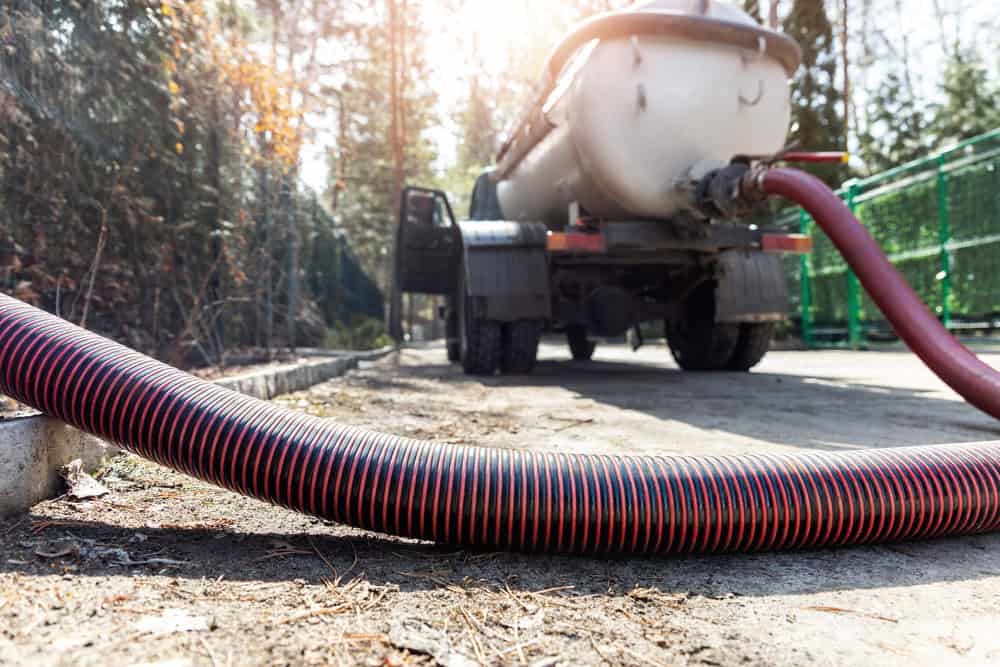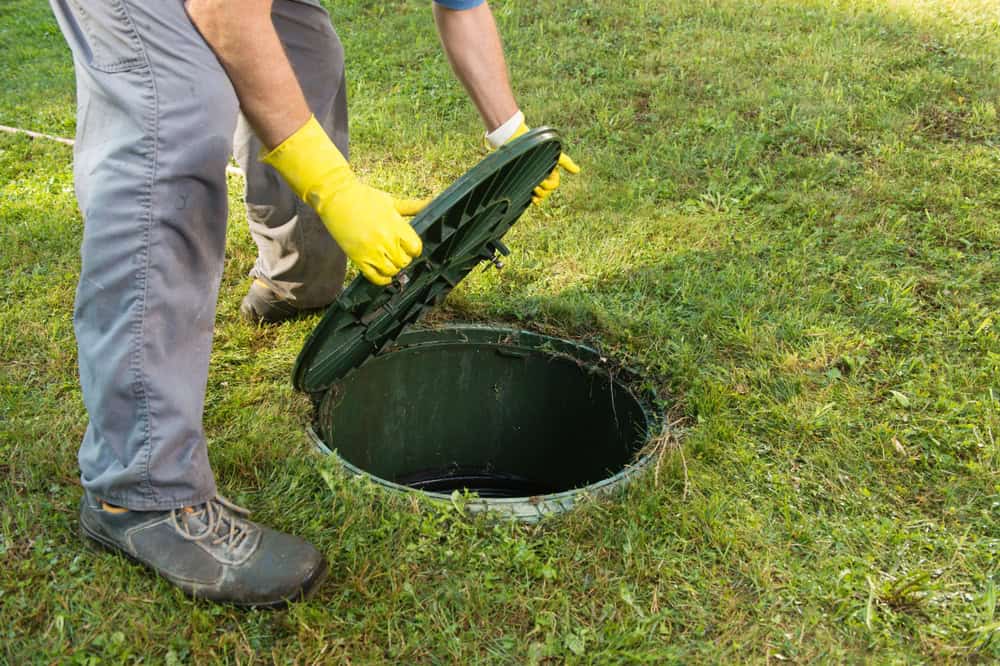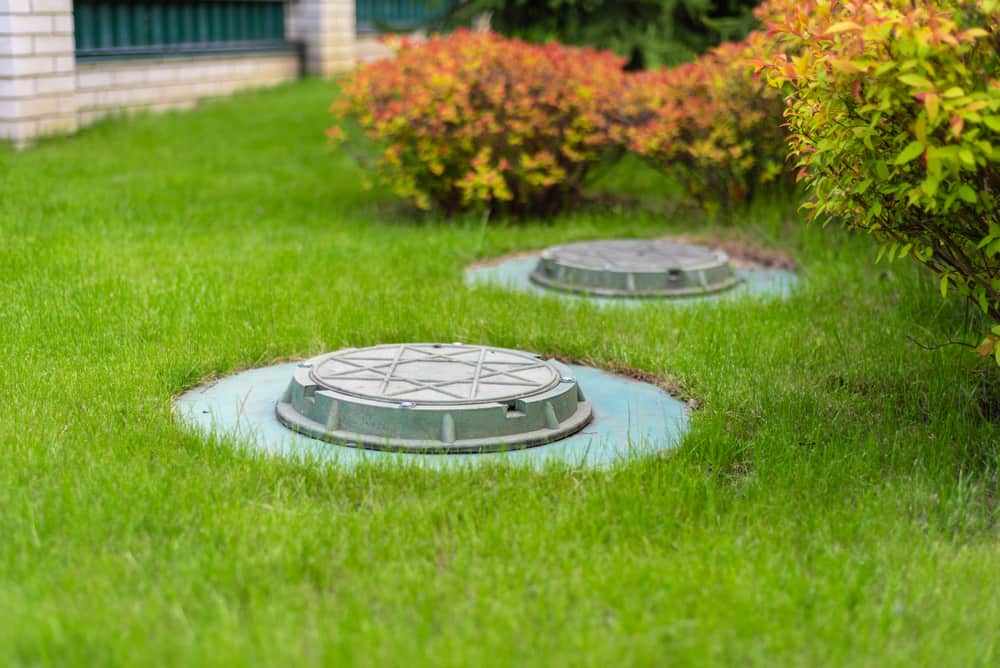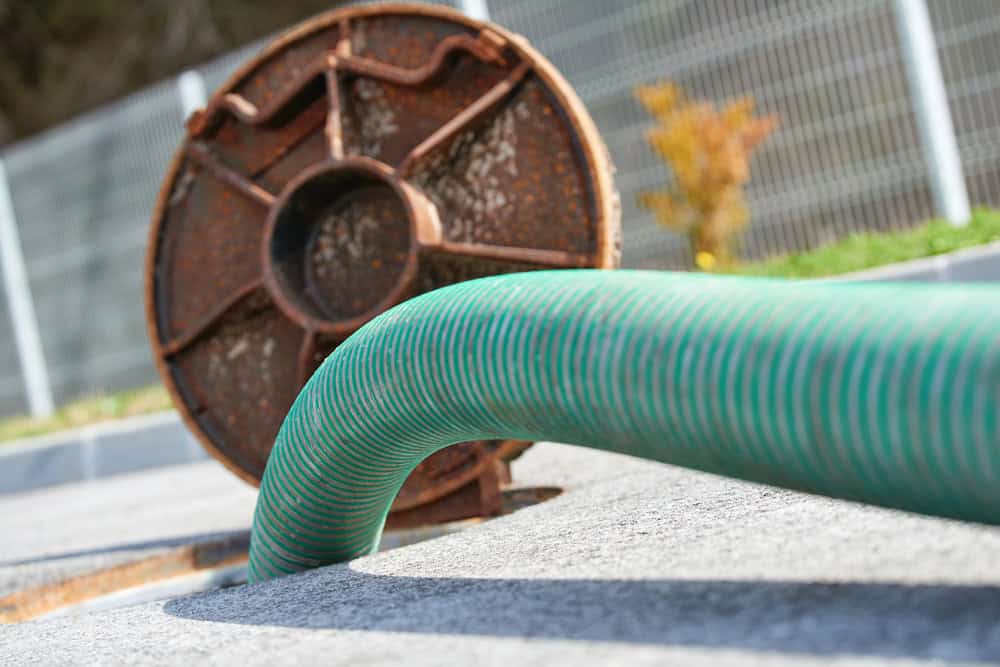
Hear from Our Customers

You’ll sleep better knowing your cesspool won’t back up into your home at 2 AM. No more holding your breath when you flush or wondering if that smell means disaster is coming.
Our thorough cesspool pumping gets your system flowing properly again. We remove all the sludge and waste that’s been building up, so your toilets flush normally and your drains move water like they should.
When we’re done, you get back to normal life without worrying about expensive emergency calls or sewage problems that could cost you thousands to fix later.
Quality Cesspool has been handling cesspool emergencies and maintenance across Jericho for years. We know how Long Island’s soil conditions affect your system and what problems hit homeowners here most often.
Our technicians have seen every type of cesspool backup and system failure you can imagine. We show up with the right equipment and actually fix the problem instead of just pumping and hoping for the best.
You’re dealing with neighbors who understand that cesspool problems can’t wait and that getting it right the first time saves you money and stress down the road.

First, we locate and access your cesspool, then inspect the system to see what’s causing your problems. This isn’t just about pumping—we need to know if you’re dealing with a simple backup or something that needs more attention.
We pump out all the accumulated sludge and liquid waste using professional vacuum trucks. While we’re working, we check the condition of your cesspool walls and connections to catch problems before they get worse.
After pumping, we can apply chemical treatments if needed to break down stubborn buildup and restore proper drainage. You’ll know exactly what we found and what to expect going forward, so there are no surprises on your bill or with future maintenance.

Ready to get started?
Every cesspool pumping includes a complete system inspection and removal of all sludge and liquid waste. We don’t just pump and leave—we check your system’s condition and let you know what’s working and what might need attention.
In Jericho, most residential cesspools need pumping every 3-5 years, but this depends on your household size and water usage. Homes with garbage disposals or large families typically need more frequent service.
We handle chemical treatments when your cesspool needs help breaking down solid waste buildup. Long Island’s clay soil can slow drainage, so we know when acidic treatments will restore flow and when pumping alone will solve your problem.

Most Jericho homeowners need cesspool pumping every 3-5 years, but your specific schedule depends on how many people live in your home and your water usage habits. A family of four typically needs pumping every 3-4 years, while smaller households can often wait closer to 5 years.
If you use a garbage disposal regularly, have frequent guests, or do lots of laundry, you’ll need more frequent pumping. We can inspect your system and give you a realistic timeline based on your actual usage patterns, not just generic recommendations.
Signs you’re due for pumping include slow drains, gurgling sounds from your plumbing, or sewage odors around your property. Don’t wait for backups—preventive pumping costs much less than emergency cleanups.
Waiting too long leads to sewage backups in your home, which creates health hazards and expensive cleanup costs. When your cesspool fills completely, wastewater has nowhere to go except back up through your drains and toilets.
Overfull cesspools can also cause your system to fail permanently. Solid waste can clog the porous walls that allow liquid to drain into the soil, requiring costly repairs or complete system replacement that can cost thousands of dollars.
You might also face environmental violations if sewage surfaces in your yard or affects neighboring properties. Regular pumping prevents these problems and keeps your system working properly for decades.
Slow drains after pumping usually mean you have blockages in the pipes between your house and the cesspool, or your cesspool walls have become clogged with solid buildup. Pumping removes liquid and sludge but doesn’t clear pipe obstructions or restore drainage through cesspool walls.
We can use high-pressure water jetting to clear blocked pipes and apply chemical treatments to break down buildup on cesspool walls. Sometimes tree roots grow into pipes, requiring mechanical removal before your system flows normally again.
In older cesspools, the porous walls can become sealed with grease and solid waste over time. Chemical treatments with sulfuric acid can dissolve this buildup and restore proper drainage, but this requires professional application for safety and effectiveness.
Pumping your own cesspool is dangerous and usually illegal without proper permits and equipment. Cesspool gases can be deadly, and the specialized vacuum trucks required cost more to rent than hiring professionals who already own the equipment.
You also need proper disposal facilities for the waste, which most homeowners can’t access. Licensed cesspool companies have contracts with approved disposal sites and handle all the regulatory requirements for waste disposal.
Professional pumping includes system inspection and maintenance that prevent future problems. We spot issues like cracked walls, damaged covers, or failing pipes that untrained homeowners miss, saving you money on major repairs later.
Never put grease, coffee grounds, cigarette butts, dental floss, or sanitary products down your drains. These items don’t break down in cesspools and accumulate until your system backs up or fails completely.
Avoid excessive use of household cleaners, bleach, or antibacterial soaps that kill the beneficial bacteria your cesspool needs to break down waste. Small amounts are fine, but heavy use disrupts the natural processes that keep your system working.
Don’t use your toilet as a trash can for medications, cat litter, diapers, or wipes labeled “flushable.” Even items that claim to be septic-safe can cause problems in cesspools, which don’t have the same filtration systems as modern septic tanks.
Chemical treatment helps when your cesspool drains slowly even after pumping, or when you notice persistent odors and wet spots in your yard above the cesspool location. These signs usually mean solid waste has built up on the cesspool walls, blocking normal drainage.
We determine if you need chemical treatment during our inspection after pumping. If the liquid level drops slowly or the cesspool walls look heavily coated with grease and solids, chemical treatment can dissolve this buildup and restore drainage.
Treatment involves applying sulfuric acid or enzyme-based chemicals that break down accumulated waste and reopen the porous walls that allow liquid to drain into the surrounding soil. This should only be done by professionals due to safety concerns and proper application techniques.
Most Jericho homeowners need cesspool pumping every 3-5 years, but your specific schedule depends on how many people live in your home and your water usage habits. A family of four typically needs pumping every 3-4 years, while smaller households can often wait closer to 5 years.
If you use a garbage disposal regularly, have frequent guests, or do lots of laundry, you’ll need more frequent pumping. We can inspect your system and give you a realistic timeline based on your actual usage patterns, not just generic recommendations.
Signs you’re due for pumping include slow drains, gurgling sounds from your plumbing, or sewage odors around your property. Don’t wait for backups—preventive pumping costs much less than emergency cleanups.
Waiting too long leads to sewage backups in your home, which creates health hazards and expensive cleanup costs. When your cesspool fills completely, wastewater has nowhere to go except back up through your drains and toilets.
Overfull cesspools can also cause your system to fail permanently. Solid waste can clog the porous walls that allow liquid to drain into the soil, requiring costly repairs or complete system replacement that can cost thousands of dollars.
You might also face environmental violations if sewage surfaces in your yard or affects neighboring properties. Regular pumping prevents these problems and keeps your system working properly for decades.
Slow drains after pumping usually mean you have blockages in the pipes between your house and the cesspool, or your cesspool walls have become clogged with solid buildup. Pumping removes liquid and sludge but doesn’t clear pipe obstructions or restore drainage through cesspool walls.
We can use high-pressure water jetting to clear blocked pipes and apply chemical treatments to break down buildup on cesspool walls. Sometimes tree roots grow into pipes, requiring mechanical removal before your system flows normally again.
In older cesspools, the porous walls can become sealed with grease and solid waste over time. Chemical treatments with sulfuric acid can dissolve this buildup and restore proper drainage, but this requires professional application for safety and effectiveness.
Pumping your own cesspool is dangerous and usually illegal without proper permits and equipment. Cesspool gases can be deadly, and the specialized vacuum trucks required cost more to rent than hiring professionals who already own the equipment.
You also need proper disposal facilities for the waste, which most homeowners can’t access. Licensed cesspool companies have contracts with approved disposal sites and handle all the regulatory requirements for waste disposal.
Professional pumping includes system inspection and maintenance that prevent future problems. We spot issues like cracked walls, damaged covers, or failing pipes that untrained homeowners miss, saving you money on major repairs later.
Never put grease, coffee grounds, cigarette butts, dental floss, or sanitary products down your drains. These items don’t break down in cesspools and accumulate until your system backs up or fails completely.
Avoid excessive use of household cleaners, bleach, or antibacterial soaps that kill the beneficial bacteria your cesspool needs to break down waste. Small amounts are fine, but heavy use disrupts the natural processes that keep your system working.
Don’t use your toilet as a trash can for medications, cat litter, diapers, or wipes labeled “flushable.” Even items that claim to be septic-safe can cause problems in cesspools, which don’t have the same filtration systems as modern septic tanks.
Chemical treatment helps when your cesspool drains slowly even after pumping, or when you notice persistent odors and wet spots in your yard above the cesspool location. These signs usually mean solid waste has built up on the cesspool walls, blocking normal drainage.
We determine if you need chemical treatment during our inspection after pumping. If the liquid level drops slowly or the cesspool walls look heavily coated with grease and solids, chemical treatment can dissolve this buildup and restore drainage.
Treatment involves applying sulfuric acid or enzyme-based chemicals that break down accumulated waste and reopen the porous walls that allow liquid to drain into the surrounding soil. This should only be done by professionals due to safety concerns and proper application techniques.